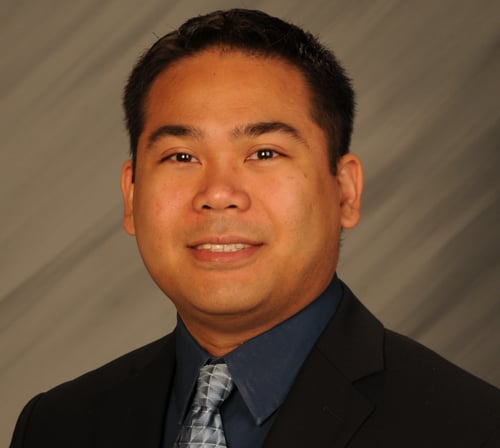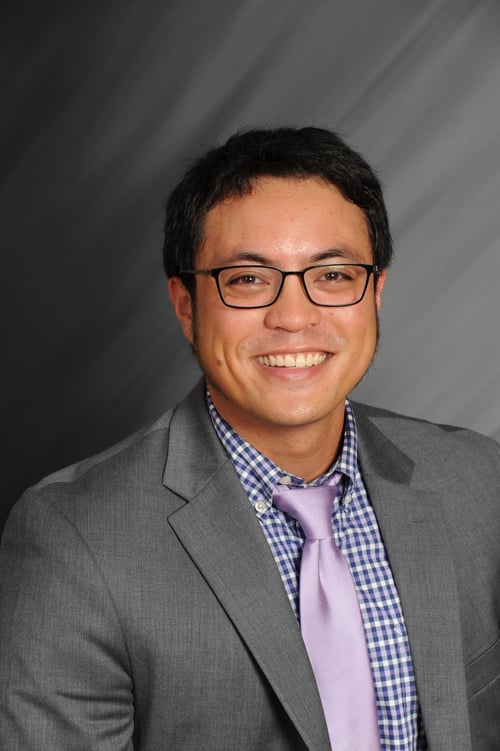
Diabetes is a very common medical condition that over that affects over 28 million Americans. Diabetes is a long-lasting health condition that affects how your body turns food into energy. Whenever you eat, your body breaks down the food into sugar and releases it into your blood. Your body receives a signal that the sugar in your blood is high; so insulin is released to help your cells convert that sugar into energy. In diabetes, your body either doesn’t make enough insulin (type 1 diabetes) or your cells stop responding to insulin (type 2 diabetes). Older people are more likely to develop type 2 diabetes because as you age, your body’s ability to manage sugar declines naturally. Either way, you end up having too much sugar in your blood. That excess sugar leads to irreversible damage to your body which can lead to organ damage over time. Diabetes doesn’t feel like other acute diseases, like a cold or earache, where you feel the symptoms of that illness when they are happening, and you feel fine when you get better. Diabetes is sometimes referred to as a “silent killer” Sometimes when people are first diagnosed with diabetes, they don’t notice any symptoms for years. This can make it hard to want to take medications or make lifestyle changes because you still feel like your normal, healthy self. This is why it is extremely important to take control of your diabetes when you are first diagnosed, because by the time you feel bad the damage is already done, and it may be too late to reverse that damage. Common complications of long-term uncontrolled diabetes include eye disease, kidney disease, increased risk of heart attacks and strokes, decreased wound healing, and nerve damage in your hands and feet. The older you are, the more likely it is that you have other medical conditions like high blood pressure or high cholesterol, making it difficult to remember to take all those medications. Other problems that older adults with diabetes have include depression, memory loss, falls, and poor vision.
Dealing with diabetes, especially as an older adult, can be overwhelming; so here are a few ways to help manage your diabetes along with its complications. I think we all know that it is important to go to your doctors’ appointments regularly to closely monitor your sugar levels, check labs to monitor kidney function, get referrals to eye doctors for diabetic eye exams, and make sure you are on the correct medications and that you are taking your medications correctly. Primary care providers are also a good resource to talk about warning signs of high and low glucose and what to do in both of those situations. I know I’ve talked in length about the dangers of high sugars, but there are also dangers in having too low sugars like dizziness, confusion, and increased risk of falls. Low levels of sugar usually happen when you take too much insulin or take insulin without eating. Again, it is important to go to your primary care provider to talk in length about what low and high sugar levels look like and how to treat them.
I know none of the things I have already mentioned matter if you can’t get yourself to your doctor’s office. I know sometimes it can be difficult to drive yourself to those appointments, or sometimes it’s hard to find friends and family to take you to your appointments. Sometimes insurances have non-emergent medical transportation in their plans. I would talk to your insurance company about these options if you find it difficult to consistently make it to your appointments due to transportation. Another thing that could be helpful is mail order refills. This is a service where chronic medications can be dropped off at your house on a scheduled basis, saving you a trip to the pharmacy. It’s very convenient and this decreases the likelihood of having gaps between scheduled medication refills.
We’ve talked about the medicine side, but let’s switch gears and focus on lifestyle changes. One thing I like to tell patients is to make lifestyle changes with a group. This could be your family or a diabetes group like we now have at Lone Star. This way you won’t feel alone while making big changes, and you can have others encourage you and keep you accountable. You all can eat the same healthy meal together or go on walks together. Lifestyle changes like weight loss and smoking cessation will make a huge difference in controlling your diabetes.
Another thing you can do to take control of diabetes is a simple habit that requires no special medications or tools and that is frequent at home foot exams. You can do these exams daily or a few times a week. When you have diabetes, you can sometimes get numbness and tingling in your feet called neuropathy. When you have this, there may be times when you don’t realize you’ve injured yourself, especially on your feet since you don’t feel pain due to the numbness and you’re not frequently looking at your feet. When you have diabetes, wounds don’t heal as fast as they normally would due to the high levels of sugar interrupting the blood supply to the wound. The sugar in your blood also creates a source of nutrients for bacteria to grow. If you go a long time without treating a wound, it could lead to risk of serious infection and worse case scenario, amputation. Getting into the simple habit of checking your feet for wounds could make such a huge difference to your overall health.
I know we talked a lot about diabetes and the scary complications that can go along with this long-term condition, but I want you to be empowered to know that there are things you can do to take control of your health. Through the support of your health care team, family, friends and resources provided by insurance, you can decrease your risk of complications and live your best life.
 Dr. Nieto is a resident physician who sees patients of all ages and provides obstetrical services at Lone Star Family Health Center, a non-profit 501©3 Federally Qualified Health Center operating facilities in Conroe, Spring, Willis, Grangerland, and Huntsville, and serving as home to a fully integrated Family Medicine Residency Program to increase the number of Family Medicine physicians for Texas and our community.
Dr. Nieto is a resident physician who sees patients of all ages and provides obstetrical services at Lone Star Family Health Center, a non-profit 501©3 Federally Qualified Health Center operating facilities in Conroe, Spring, Willis, Grangerland, and Huntsville, and serving as home to a fully integrated Family Medicine Residency Program to increase the number of Family Medicine physicians for Texas and our community.



.jpg?width=500&name=Brian%20Benjamin%2c%20M.D.%20(1).jpg)